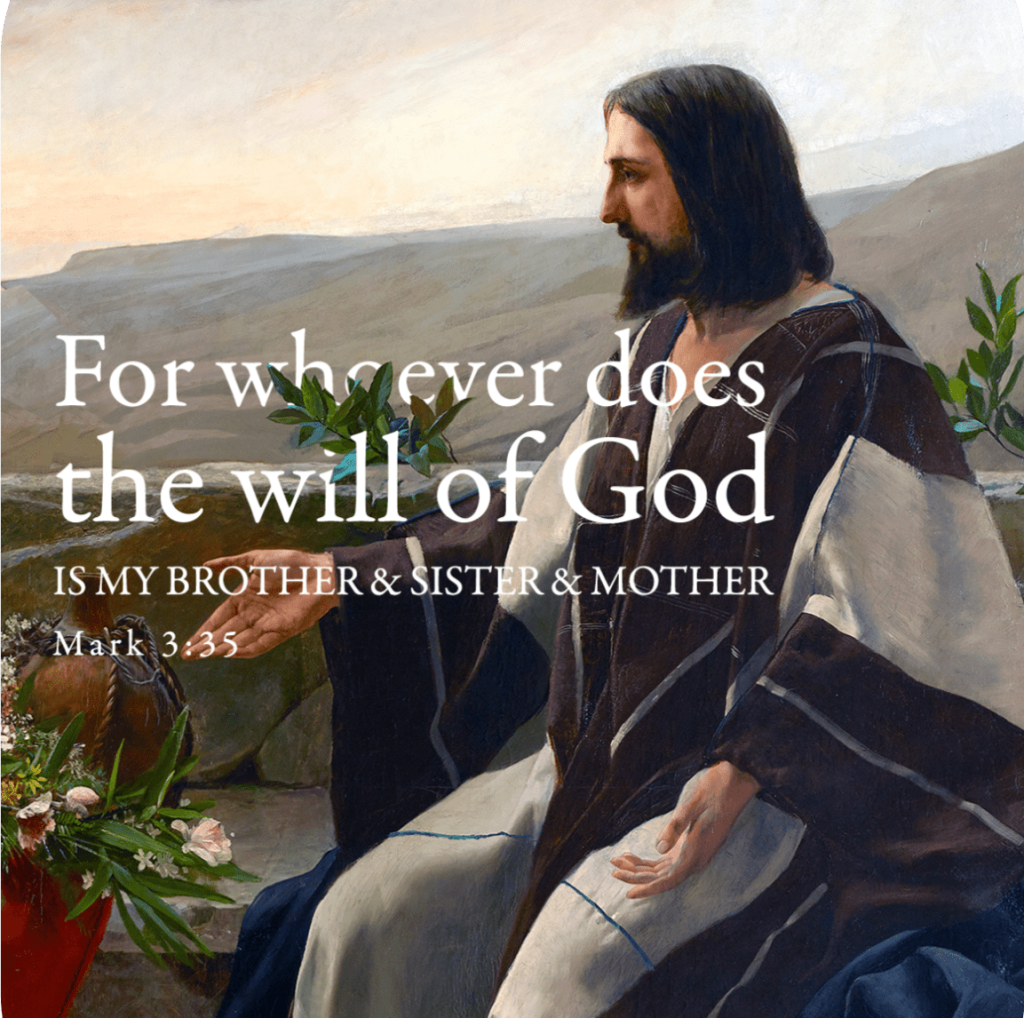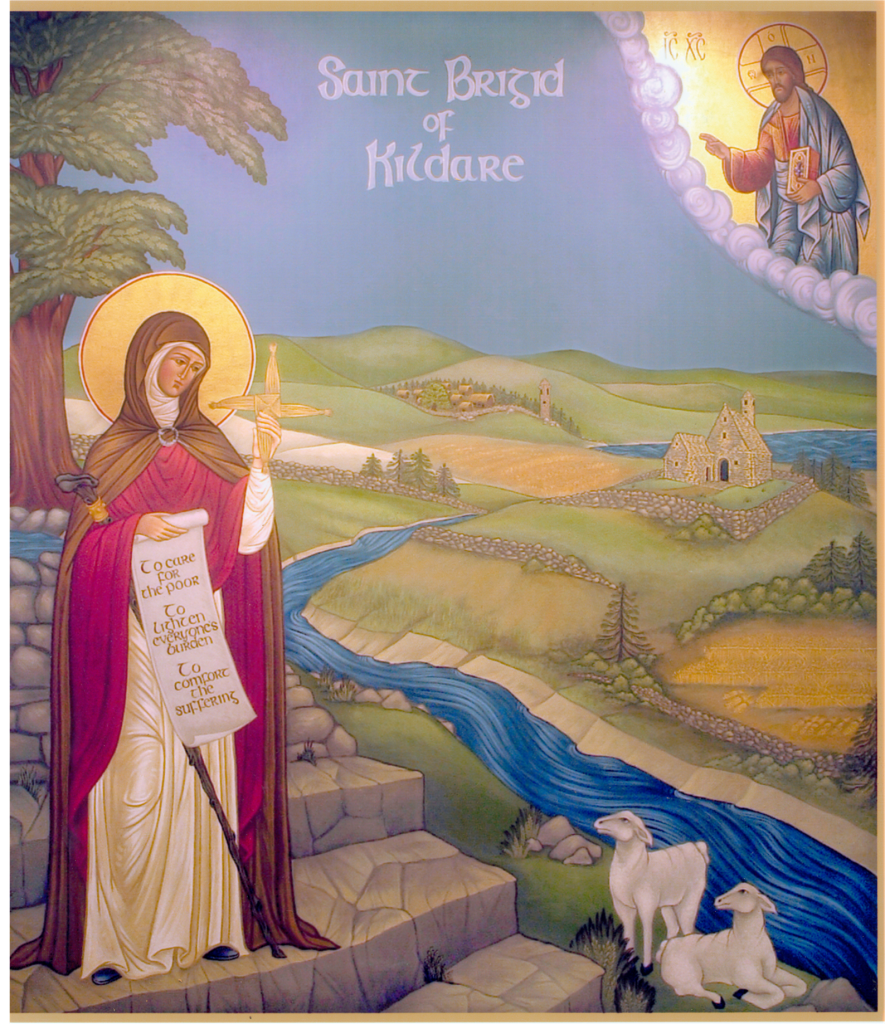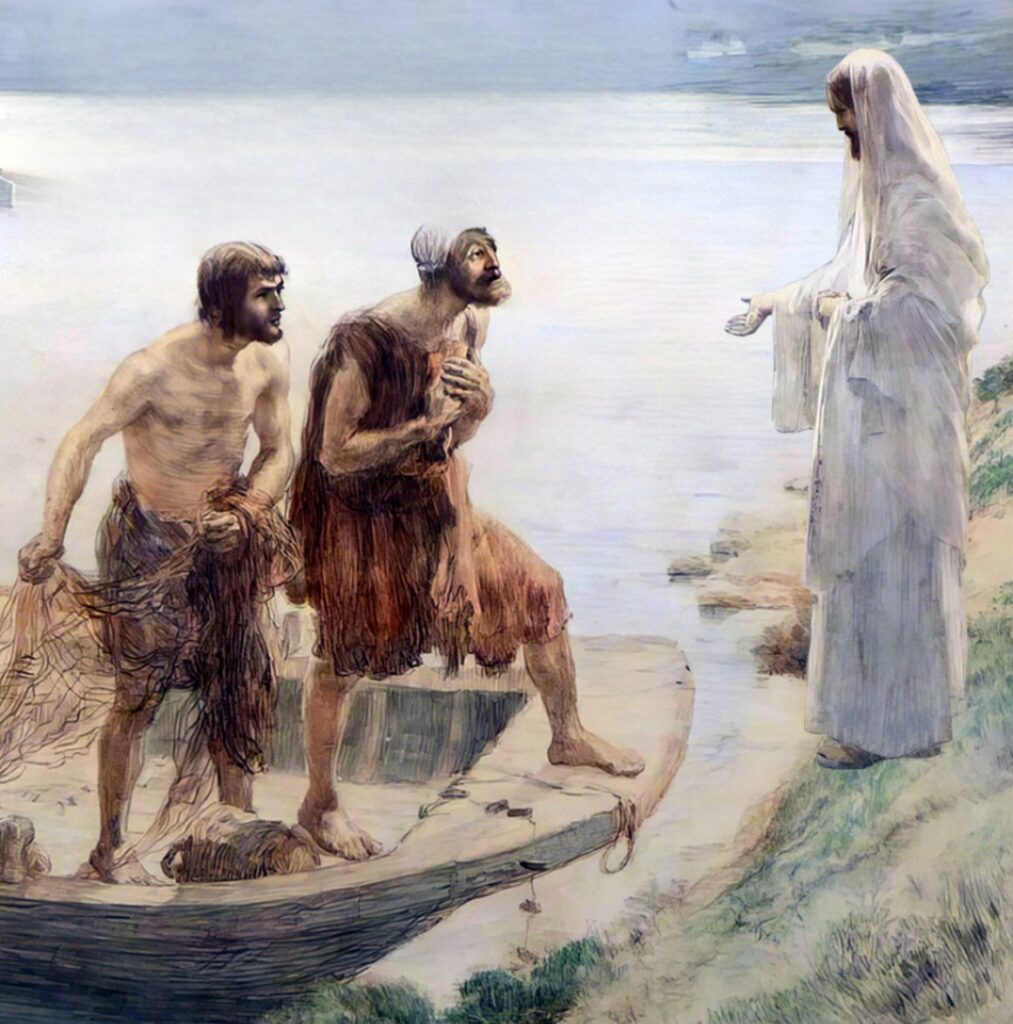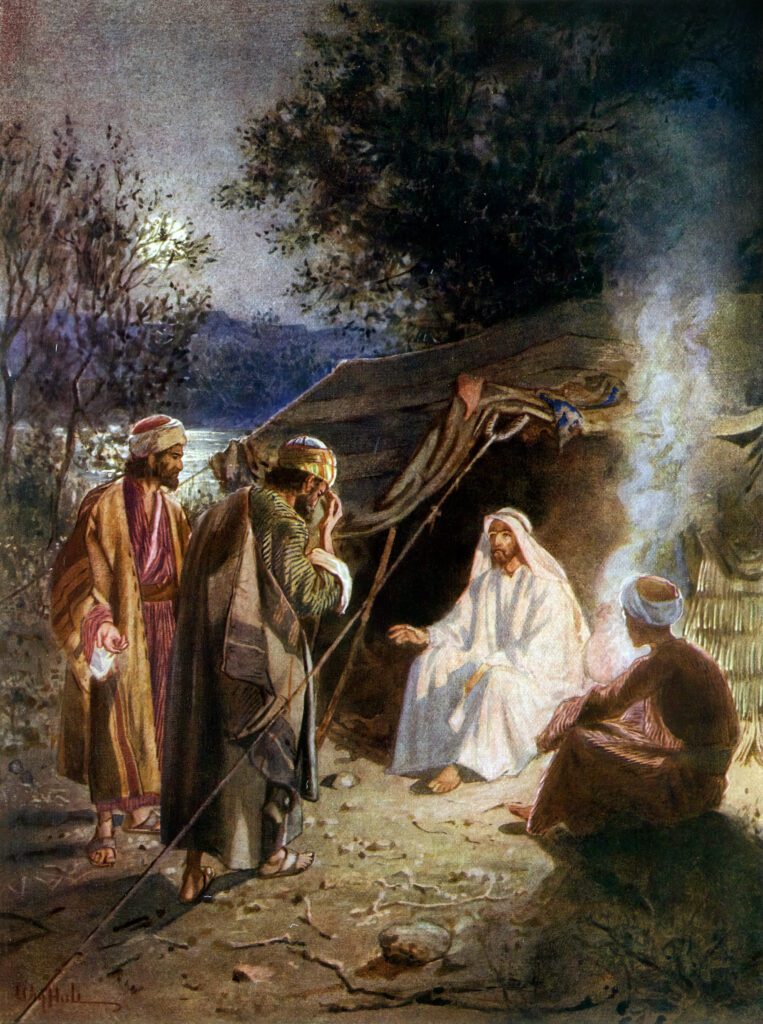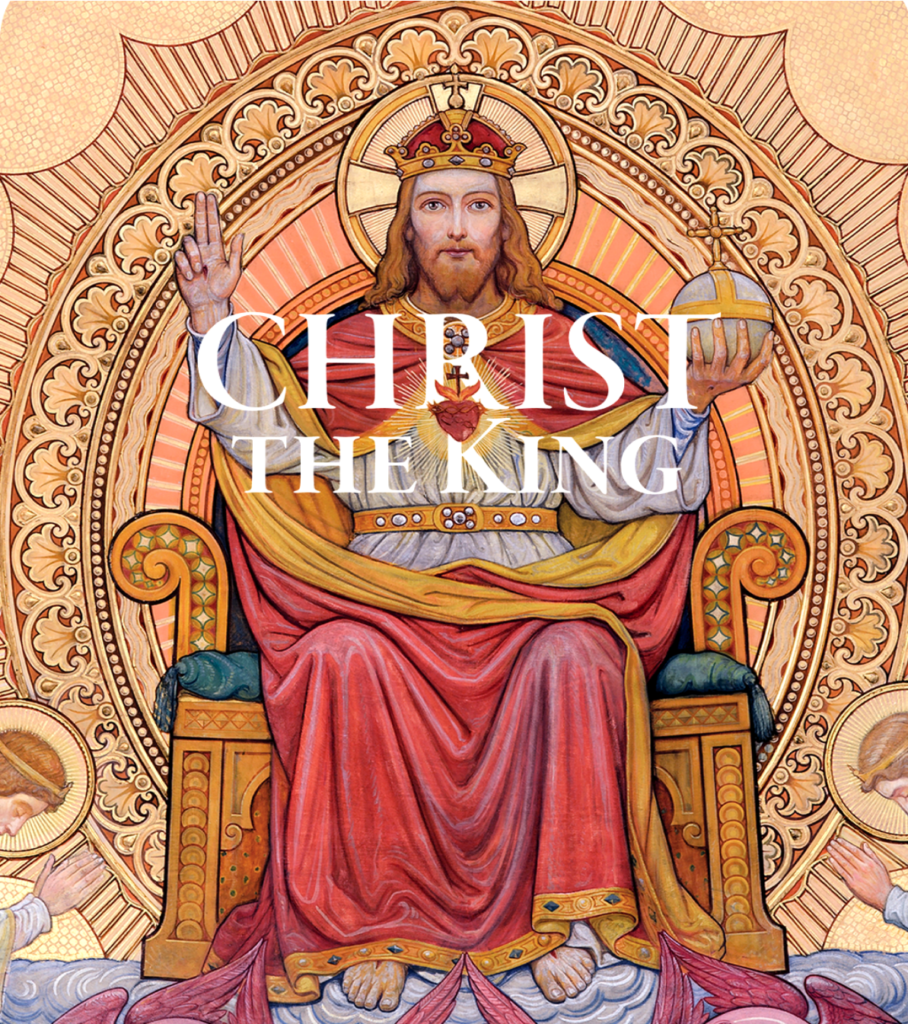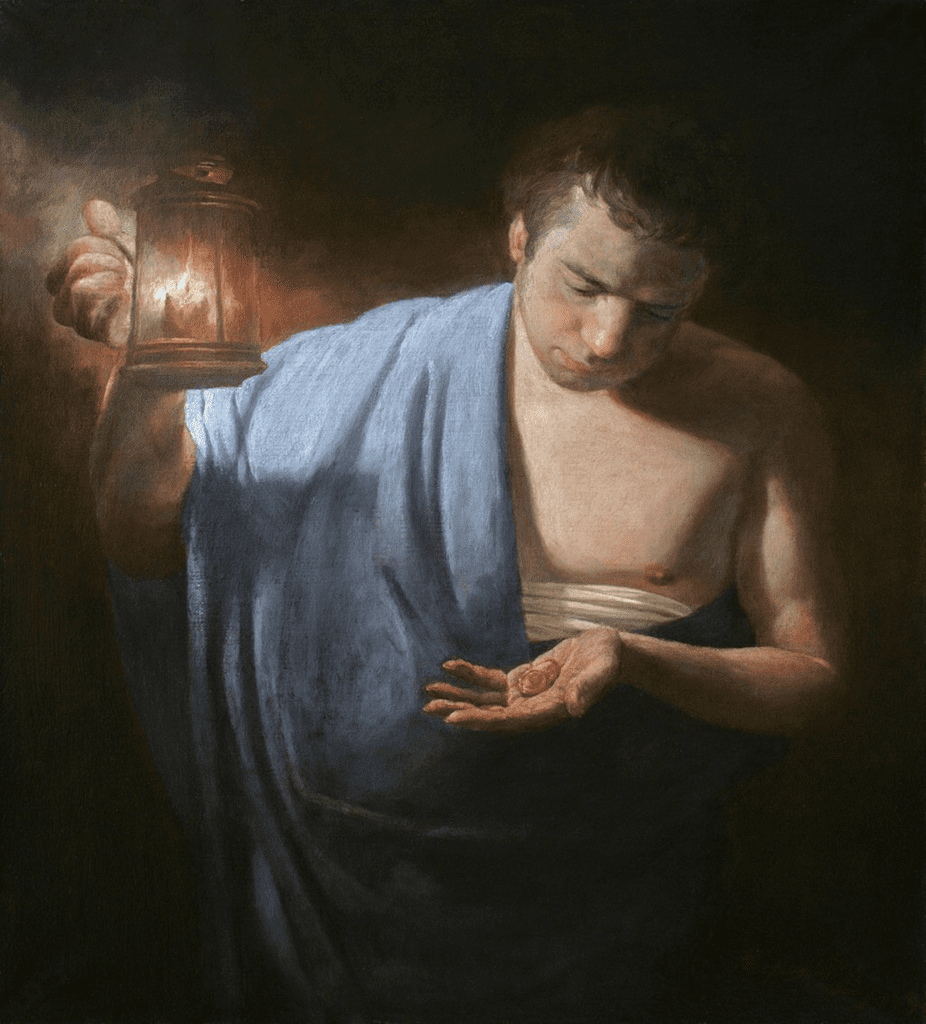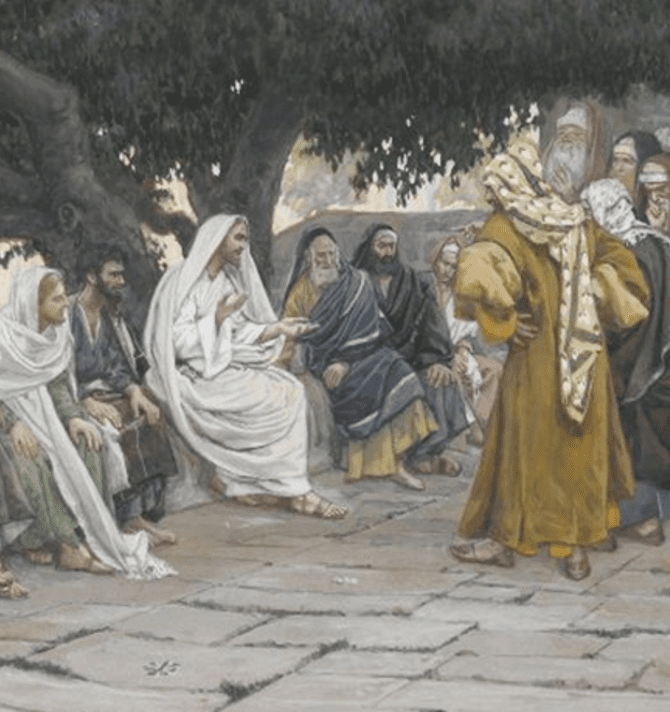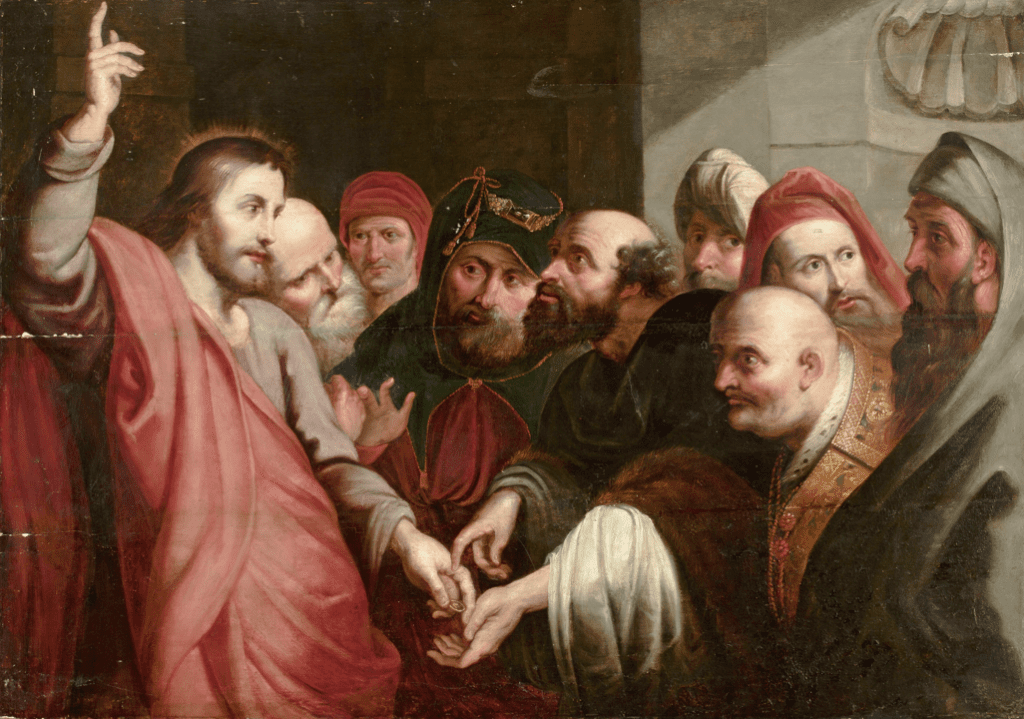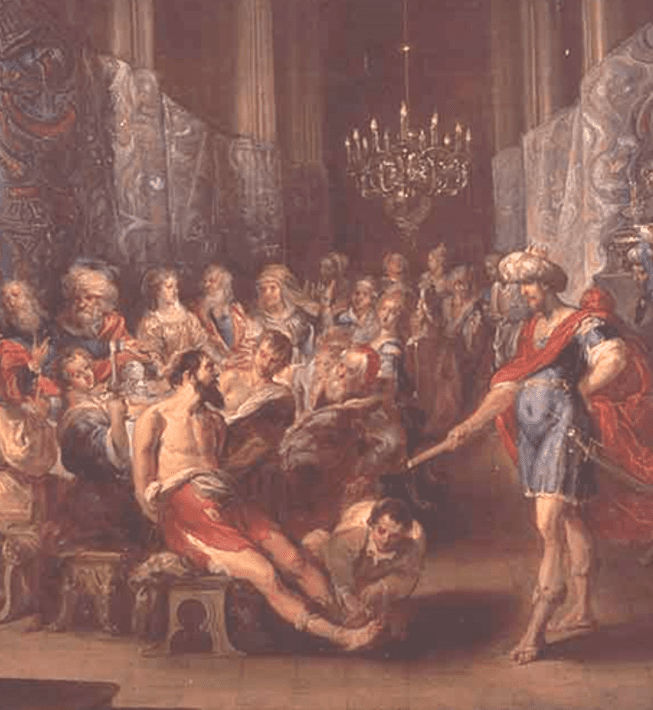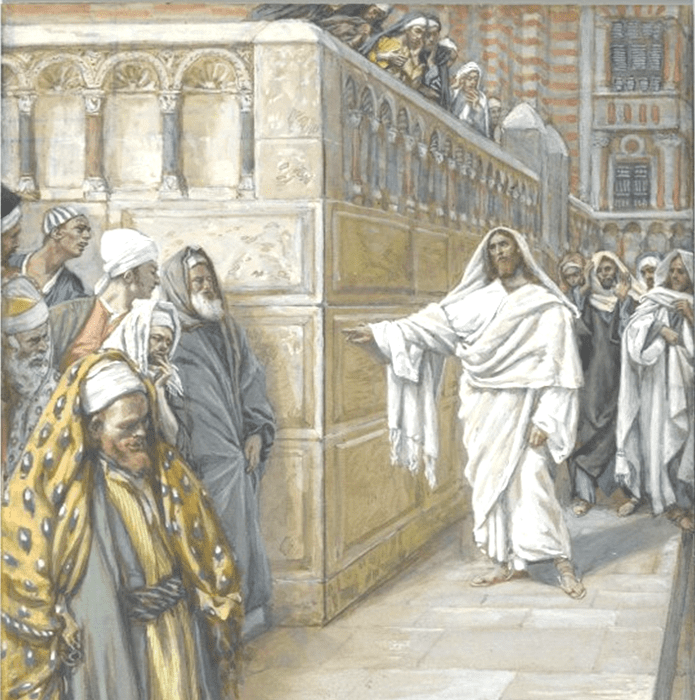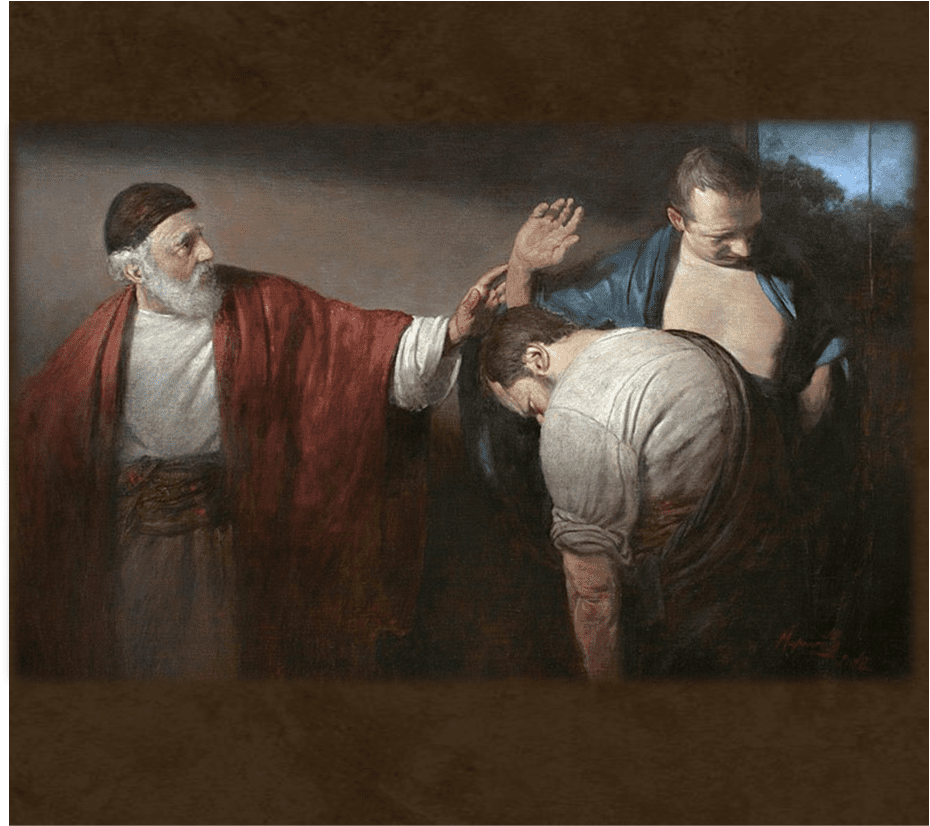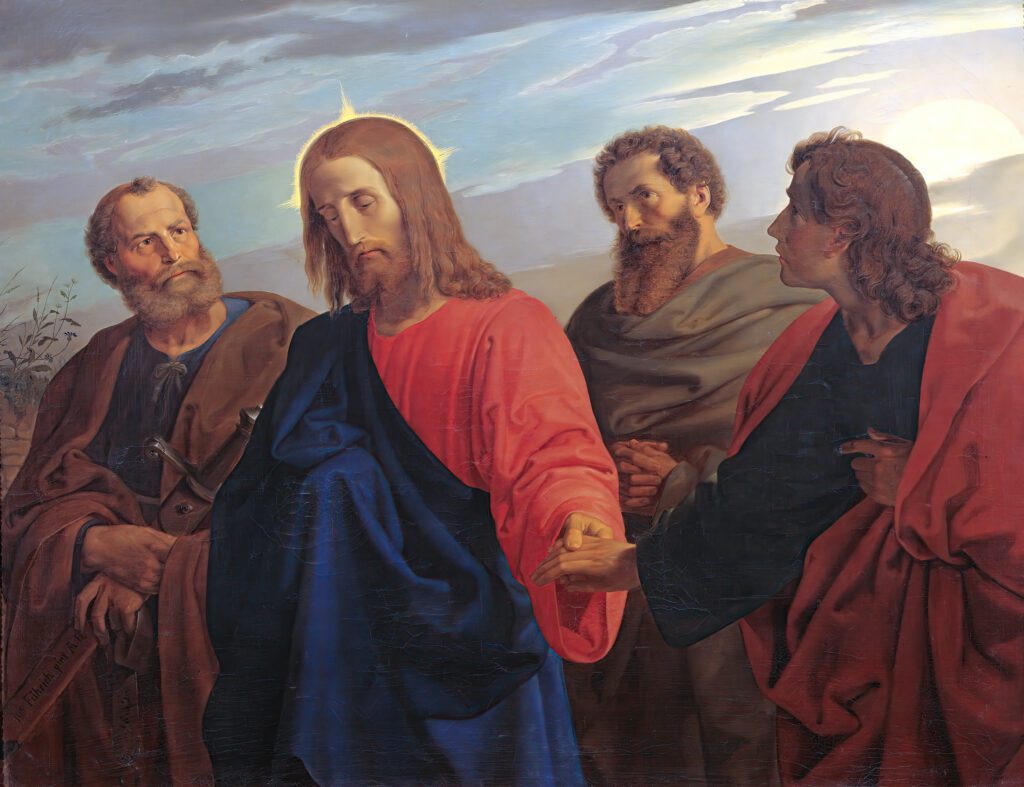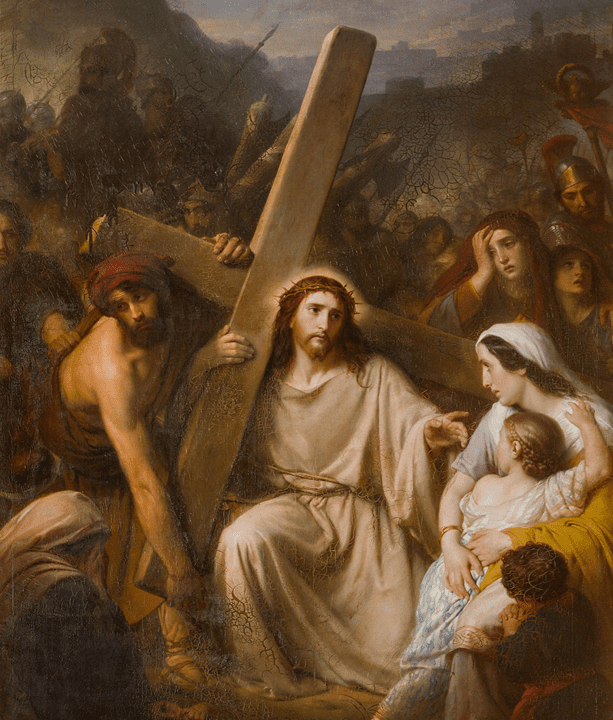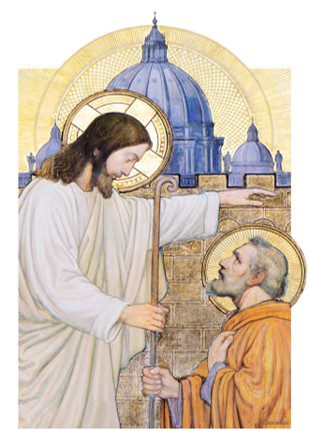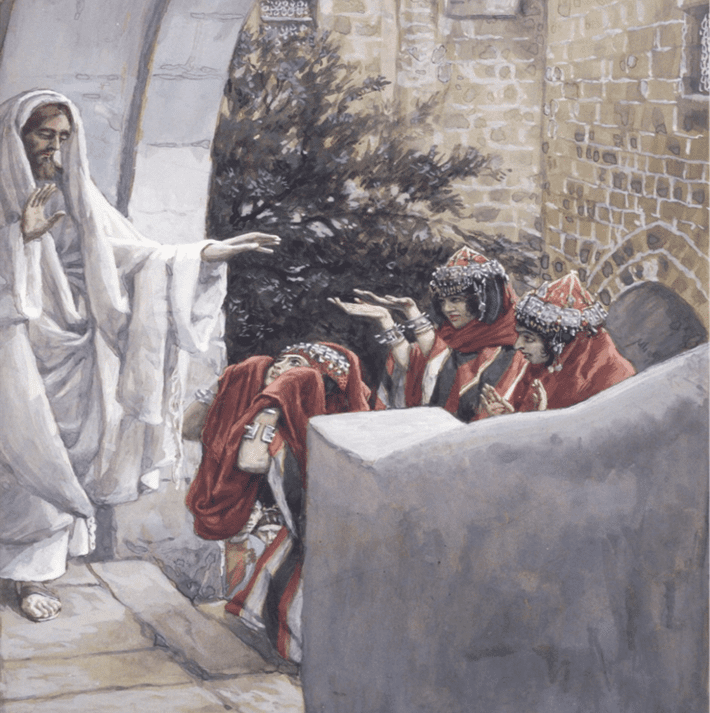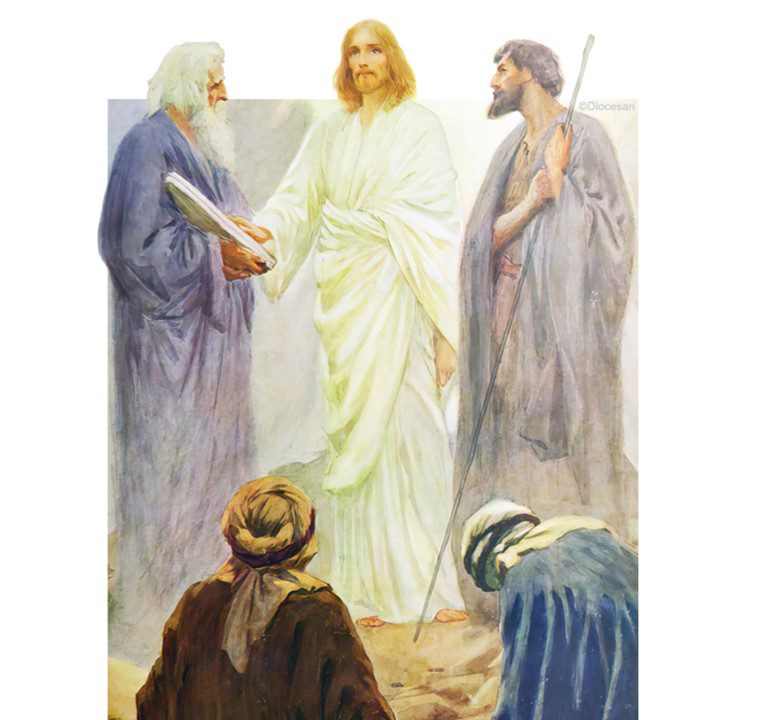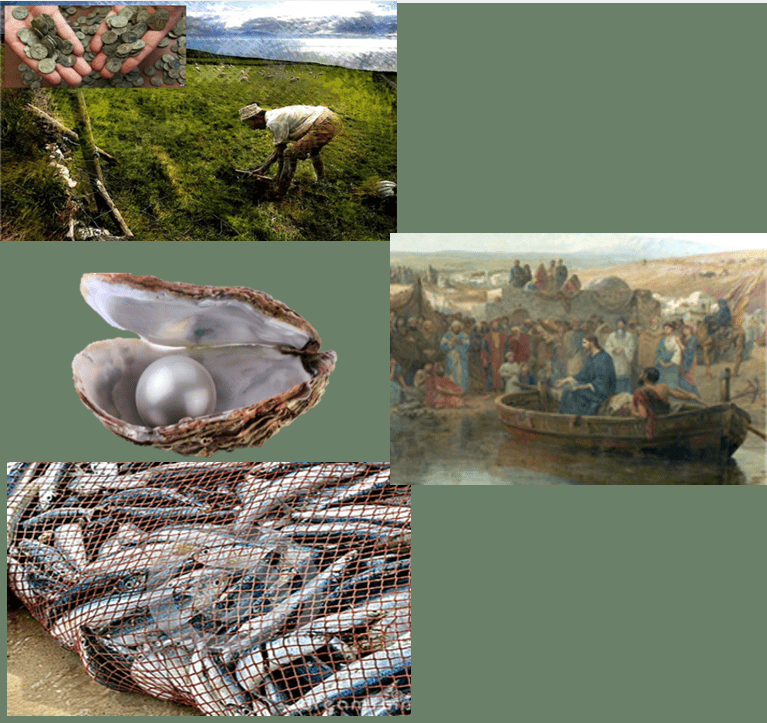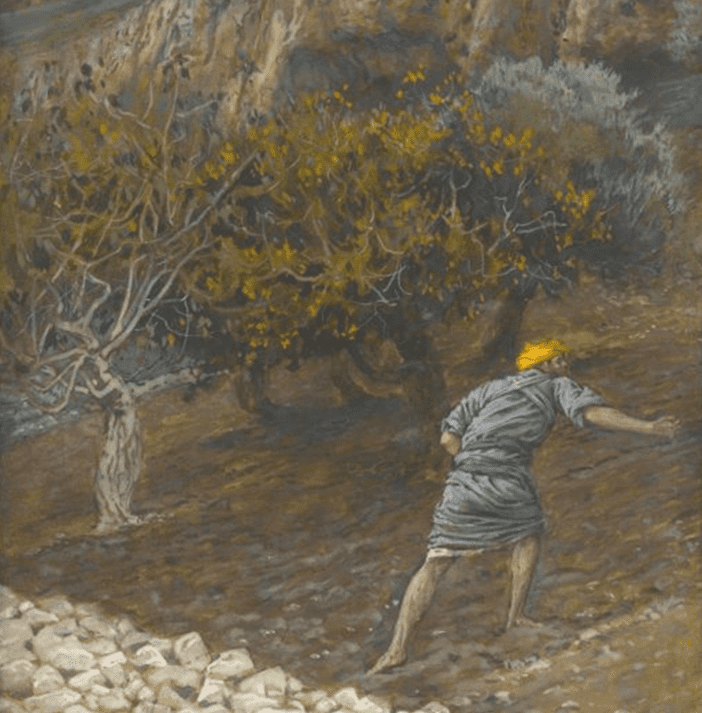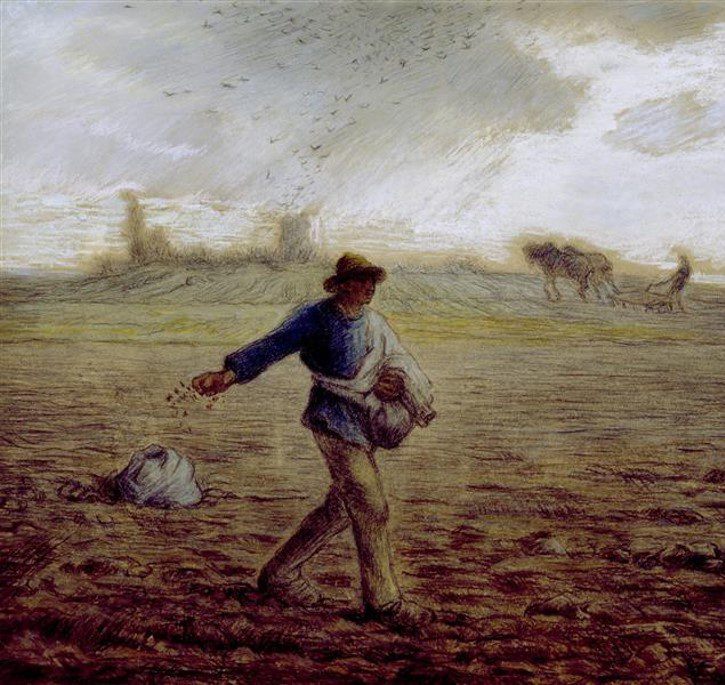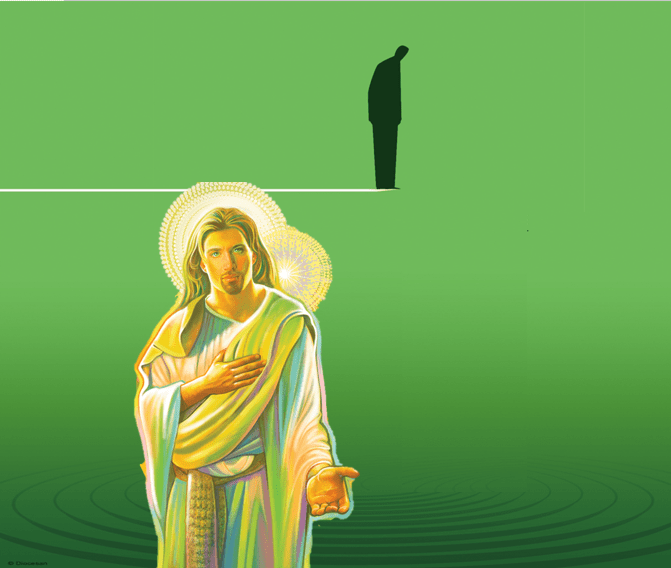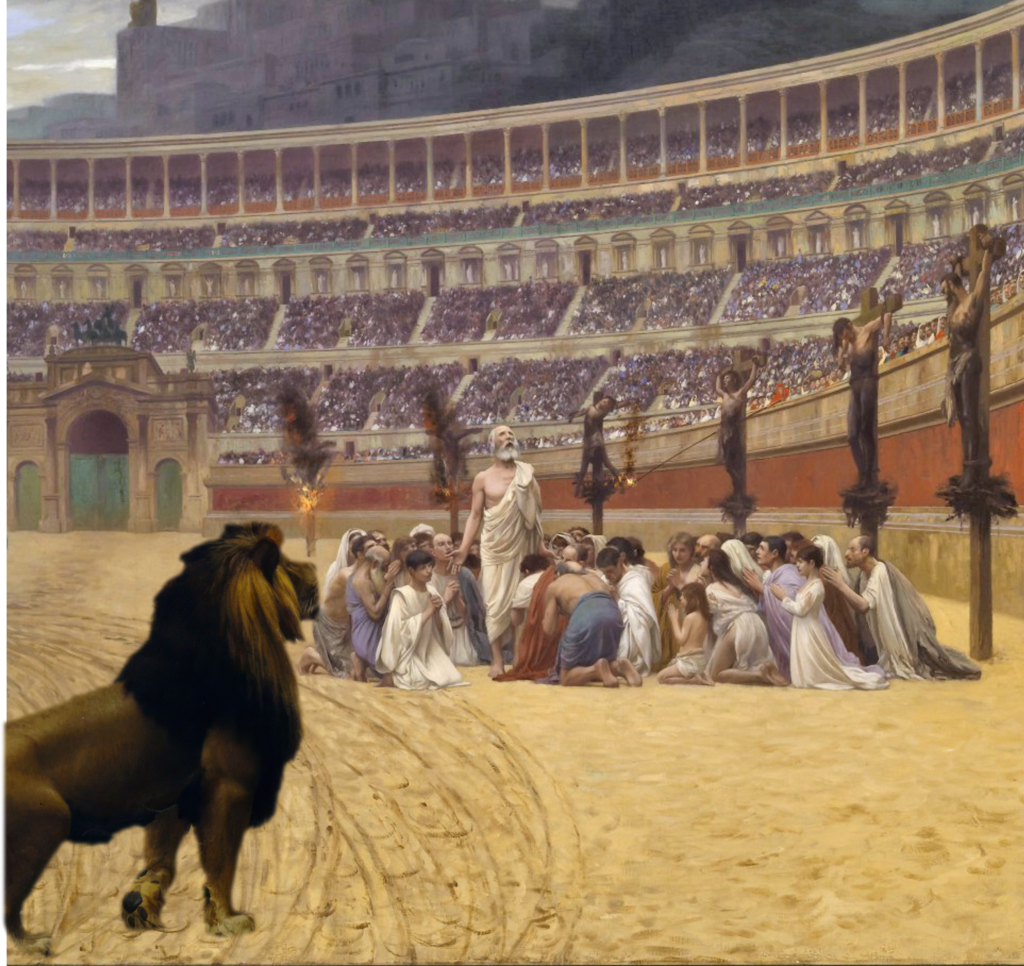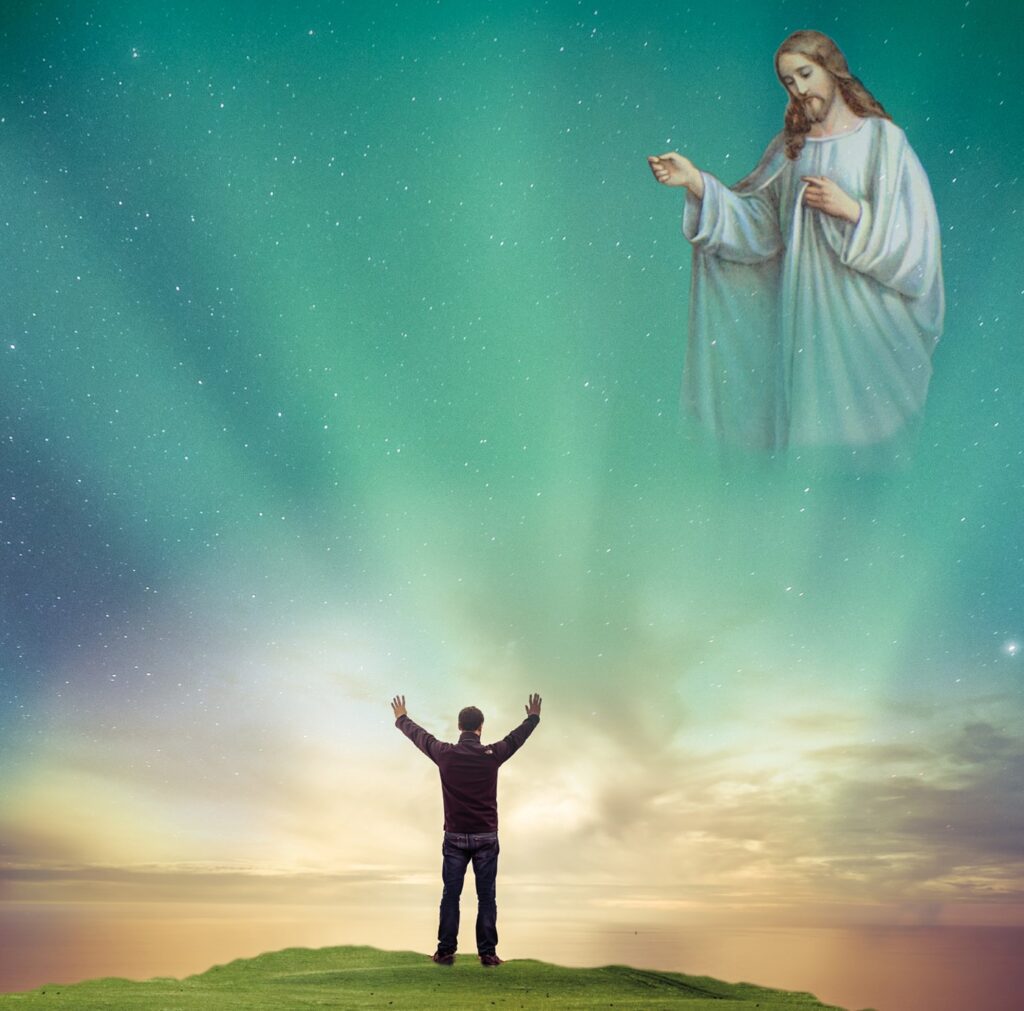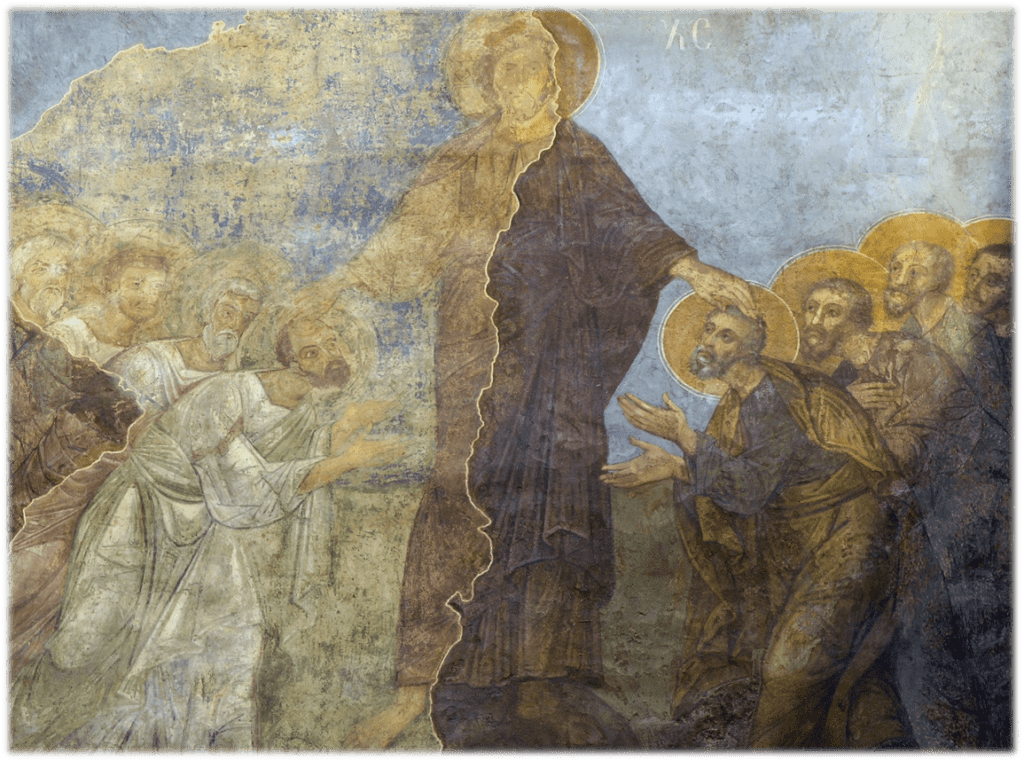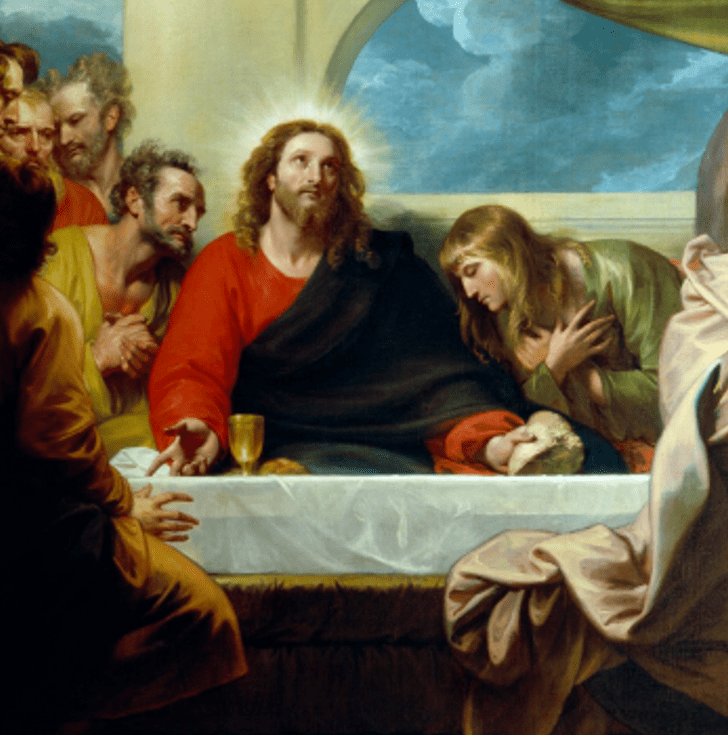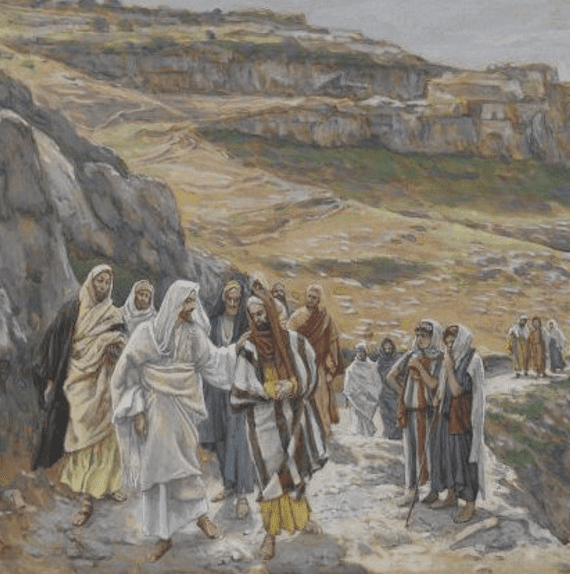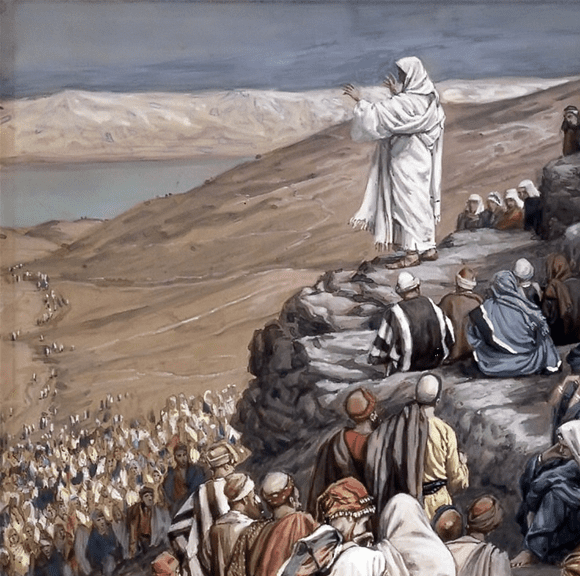 COMMUNION REFLECTION FOR ST. BRIGID’S DAY
COMMUNION REFLECTION FOR ST. BRIGID’S DAY
From the Diocese of Kildare & Leighlin.
Legend holds that Brigid made her first cross from rushes she picked from the floor as she visited a pagan chieftain who was dying. While sitting by his bed she began to weave the rushes into the shape of a cross and tell the stories of her Christian faith. The cross became a symbol of peace and protection, protection of animals and protection from fire and disease, and a blessing for home and hearth. Crosses were exchanged too in times of clan feuds as a sign of reconciliation. From that time Irish people have never ceased to weave these crosses. These rushes represent our hopes, our dreams, our gifts, and our efforts in working towards a more caring society.
She gathered the dreams to weave something new. She gathers our rushes of sorrow and gladness, of happiness and pain, tears and laughter, kindness and caring, of voluntary groups and organizations, of families, relations and friends, of schools and hospitals, of work and sport and recreation, and all the little words and deeds offered in hope, in faith, and in love. She weaved them all with loving hands into a new form, a richer and more beautiful creation. God too weaves patiently and persistently with the rushes of our lives. He invites us to keep offering him the shreds of our suffering and the stuff of our dreams and to take our place beside him to weave the shape of new creation.
February 1st is the Feast Day of Saint Brigid of Kildare, Ireland. (452 – 525) We celebrate this special day within our Sunday Mass liturgies this year. The prayers, scriptures, and hymns will be those of the Feast rather than the 4th Sunday in Ordinary Time.
Special Reading for this Feast Day:
First Reading: Sirach 2:7-11
A reading from the book of Sirach.
You who fear the Lord, wait for his mercy; turn not away lest you fall.
You who fear the Lord, trust in him, and your reward will not be lost.
You who fear the Lord, hope for good things, for lasting joy and mercy.
You who fear the Lord, love him and your hearts will be enlightened.
Study the generations long past and understand: has anyone hoped in the Lord and been disappointed?
Has anyone persevered in his commandments and been forsaken? Has anyone called upon him and been rebuffed?
Compassionate and merciful is the Lord: he forgives sins, he saves in time of trouble and he is a protector to all who seek him in truth.
Second Reading: Ephesians 3:14-19
A reading from the Epistle of Paul to the Ephesians.
Brothers and sisters:
I kneel before the Father, from whom every family in heaven and on earth is named, that he may grant you in accord with the riches of his glory to be strengthened with power through his Spirit in the inner self, and that Christ may dwell in your hearts through faith; that you, rooted and grounded in love, may have strength to comprehend with all the holy ones what is the breadth and length and height and depth, and to know the love of Christ that surpasses knowledge, so that you may be filled with all the fullness of God.
The word of the Lord.
GOSPEL : Matthew 22:34-40
+ A reading from the Gospel according to Matthew.
When the Pharisees heard that Jesus had silenced the Sadducees, they gathered together, and one of them, a scholar of the law, tested him by asking,
“Teacher, which commandment in the law is the greatest?”
He said to him,
“You shall love the Lord your God with all your heart, with all your soul, and with all your mind. This is the greatest and the first commandment.
The second is like it: You shall love your neighbor as yourself.
The whole Law and the Prophets depend on these two commandments.”
+ The Gospel of the Lord.
